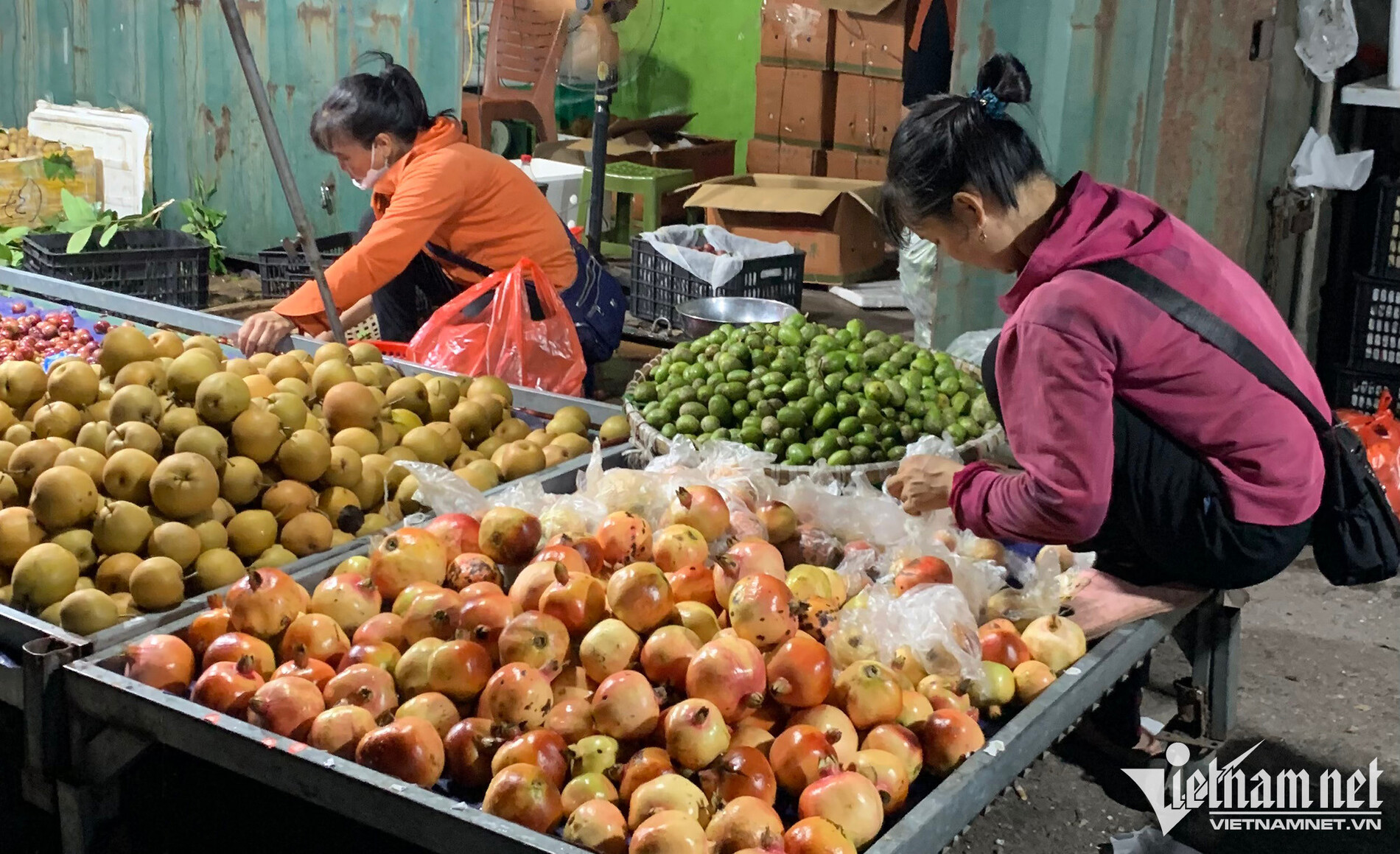
Some days ago, netizens posted images of a couple driving a luxury car worth nearly VND1 billion carrying baskets of steamed glutinous rice for sale. Many people commented that many steamed glutinous rice sellers can earn tens of millions of dong a month, and the couple is not alone.
The problem is not the high income of these sellers, but the fact that despite the high income, they don’t pay PIT (personal income tax).
Pham Thi Nhung, another steamed glutinous rice seller, whom VietNamNet reporters met, revealed that profit is 20 percent of total revenue, about VND60 million a month.
Nhung said she has been selling steamed glutinous rice for eight years, while her husband sells rice in another place in the same district. The each can sell 500 servings during four hours in the morning.
“I start selling steamed glutinous rice very early in the morning and leave at 9am, when rice runs out. Sometimes I have to stay here until 10am if the sale goes slowly, but it rarely occurs,” she told VietNamNet.
For a long time, people thought that the incomes of people like the couple and Nhung are modest, but they have changed their mind.
Bui Thi Thanh Huyen, an online seller, said she sells everything she can, from household appliances to fresh and processed food to residents of the same apartment block, which can bring stable profit of VND40 million a month.
Meanwhile, Doan Thi Nga, who lives near Hom Market in Hanoi, revealed that she can earn VND100 million a month from fruit sales, which she has been doing for 20 years.
Under the current PIT Law, taxpayers are those who have higher income and the taxation threshold is VND11 million a month.
However, the peddlers and freelancers, when asked about PIT, all said they don’t know about this tax and never pay this tax.
This has existed for many years, since the PIT law took effect.
Economists pointed out that freelancers and vendors are listed as ‘petty merchants’, but their real incomes are much higher than wageworkers who have to pay PIT as high income earners.
Vietnam is witnessing the strong rise of a new wealthy class – online sellers. With the e-commerce boom, many online sellers have become dong billionaires. It is estimated that owners of TikTok channels can obtain revenue of VND75 billion after a two-hour livestream to sell goods.
Nhung when asked about PIT, said she is just a petty merchant and is not subject to PIT, despite revenue of VND300 million a month.
But the PIT Law requires that all individuals with revenue of VND100 million or more have to pay PIT, no matter whether they are petty merchants or big traders, or civil servants and public employees.
However, as the Ministry of Finance (MOF), it cannot collect PIT from these people because of technical issues. Most of the individuals don’t follow standard accountancy and don’t issue invoices when selling goods, so it is impossible to define taxable incomes.
In recent years, MOF has been making every effort to collect PIT from these people by fixing their taxable incomes based on information it can collect.
Under Law No71/2014/QH13, that amends and supplements some articles of laws and legal documents guiding implementation of tax laws, taking effect on January 1, 2015, individuals and business households with revenue of VND100 million do not have to pay PIT. Those who have revenue of over VND100 million have to pay PIT in accordance with the tax rates fixed by taxation agencies for every business field.
However, the taxation method is not efficient and many taxpayers are missed.
No solution has been found to settle the problem. Meanwhile, the PIT Law will be amended no sooner than 2026.
Tam An